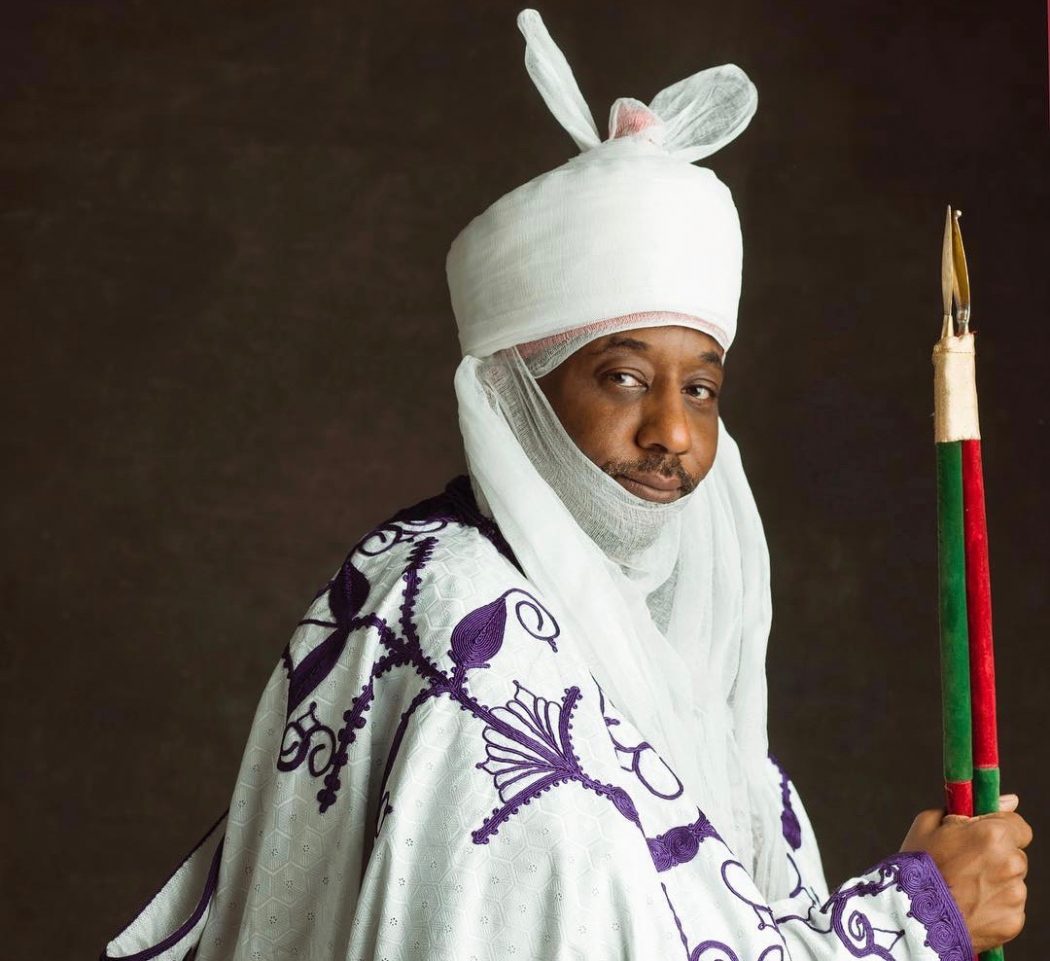[dropcap]T[/dropcap]he palace staff had mixed feelings Sunday, March 8, 2020, when an invitation came for the Emir of Kano, Muhammadu Sanusi II, to attend a meeting at the Kano Government House on Monday, March 9, 2020.
Nobody knew what the subject of the meeting would be.
The invitation of Sunday, March 8, resembled one received by Sanusi’s grandfather, Emir Muhammadu Sanusi, 57 years ago. The then influential emir had fallen out of favor with the powers in Kaduna—then headquarters of the Northern Region government.
After a controversial and bitter investigation into the finances of the Emirate, led by a British administrator, David Muffet, the old emir was invited to Kaduna. It was a journey of no return.
Unbeknown to the emir, a letter for his resignation was on the table of the then governor of Northern Region, Kashim Ibrahim, who he was asked to see on arrival in Kaduna. The emir was made to resign on account of the Muffet report and was immediately exiled to Azare in the present Bauchi state.
Muhammadu Sanusi I vs Mahammadu Sanusi II
Through deliberate and subconscious actions, Sanusi II wanted to be a reincarnation of his grandfather. First, he styled his name after that of the grandfather by changing his known formal name, Sanusi Lamido Sanusi, to Muhammadu Sanusi II. He borrowed the grandfather’s unique turban style, among other palace practices.
Sanusi also wanted more. The grandfather was a famed tough monarch. He was influential and iron-fisted. He could afford as the man in control of the rich Kano Native Authority and a close confidante of the premier of Northern Nigeria. As someone coming freshly from confronting the president of Nigeria as the CBN governor, Sanusi wanted to bring the same censure and passion to the emirate throne.
Within a short time, the man who appointed him to the throne (then Governor Rabiu Kwankwaso) would query him twice. Many observers feared the fate of his grandfather for him, from the early days.
Sanusi left no one in doubt he was coming in as a reformer. He set out to reform the traditional institution in its tangible and intangible traditions and extended that to the institution’s public interface.
Changes to the architectural and other heritages of the palace he introduced brought internal opposition, and his revolutionary, even if foolhardy, decision to engage governments publicly on matters of policies pitched him against the political class.
Sanusi’s strong rhetoric against societal dogmas and cultural practices in northern Nigeria generated enemies and admirers in equal measures.
Conflict with Ganduje
In his many comments on economic policies, Sanusi, at various times, criticized the federal and state government policies.
In August 2016, Sanusi censured the government’s foreign exchange climate, describing it as unrealistic and unhealthy for the economy.
He came back with the same criticism in December of that year, also lampooning the government for making a $30 billion loan request, leading to a public reaction by the Central Bank of Nigeria.
In April 2017, the emir used an occasion in neighboring Kaduna state to criticize the Kano State government for its plan to borrow money from China EXIM Bank to fund a metro line.
In the midst of those criticisms, the government launched a probe into the emirate council’s finances, following publications by an online news platform, Daily Nigerian, accusing Sanusi of extravagance and embezzlement.
The probe was however halted following intervention by prominent Nigerians.
2019 and the final showdown
With complications in the relationship of the two leaders, it was clear where the two stood by the election season in 2019—far apart from each other.
Government officials publicly accused the monarch of supporting opposition Peoples Democratic Party, PDP, against the incumbent All Progressives Congress, APC. The emir did not deny the accusations, while the PDP supporters made every move to show their solidarity with him.
By the end of the election, which he won controversially, Ganduje made no pretenses that he was going after the emir.
The government hurried legislation tearing up the once flourishing Kano Emirate into five, with additional first-class emirs in Bichi, Gaya, Rano, and Karaye. The government announced Sanusi as the chairman of the state’s emirate council.
All efforts to stop the creation of the new emirates remained futile with the government dodging legal hurdles.
Sanusi himself refused to recognize the new emirates, though uncharacteristically, he never spoke on the matter publicly.
With intense pressure and adversity, a number of Sanusi’s supporters advocated his abdication of the throne, an idea Sanusi himself toyed with.
But Premium Times learned that Sanusi was warned against the move by persons close to him to avoid the stigma that comes with such move. He was urged to stay on.
But with the government wielding the big stick on Monday by announcing his sack, Sanusi’s is now left with choices to make.
The deposed emir can choose to challenge his removal in court, the route he is likely to take. But experience shows that reclaiming such seats lost through court is an uphill task.
A large section of Sanusi’s fans is already advocating he delve into politics ahead of 2023 in view of his profile and wide appeal.
Whatever step the emir takes will be interesting in the national and Kano State sociopolitical landscape.
Abdulaziz Abdulaziz contributed this article to Premium Times.
The opinions expressed in this article are solely those of the author.







